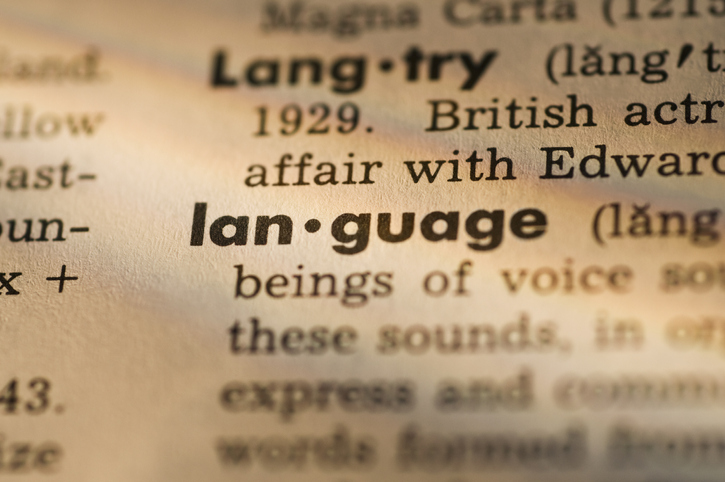Bilingualism Matters, an international research and information center, will launch its Chicago chapter on Tuesday, March 19, hoping to bring the science of bilingualism to the wider Chicago community, including schools and parents.
The launch event, to be held at 5:30 p.m. that day on the Water Tower Campus of Loyola University Chicago, is free and open to the public. Registration is required.
The Chicago area is home to at least 153 languages, with 2.5 million residents speaking a language other than English at home, according to the U.S Census Bureau.
“Bilingualism Matters Chicago represents the first consortium of multiple universities in North America dedicated to the advocacy, education and support for issues surrounding bilingualism, multilingualism and linguistic diversity,” said Viorica Marian, a professor in Northwestern University’s School of Communication and the principal investigator in the Bilingualism and Psycholinguistics Research Group.
While bilingualism is known to enhance attention and improve information processing, raising kids who speak more than one language is often riddled with challenges, as well as myths.
“Some doctors and teachers repeat harmful myths and say that speaking more than one language to children will cause confusion,” said Bradley Hoot, assistant professor at DePaul University’s Department of Modern Languages.
“The research shows that children in bilingual education programs tend to do better than their peers in English-only programs in all their classes, including English,” Hoot said.
Bilingualism Matters Chicago will bring together scientists and linguists from five universities in the Chicago area, including Northwestern, DePaul, Loyola University Chicago, University of Chicago and the University of Illinois at Chicago.
“We will talk to parents, teachers, healthcare providers and community groups about the cognitive and social advantages of bilingualism, about the models of bilingual education that we know work best for kids, and about how to raise bilingual children in the face of pressure to abandon any language but English,” said Kim Potowski, professor in the Department of Hispanic and Italian Studies at the University of Illinois at Chicago, and an expert on heritage language development.
“By combating harmful policies and attitudes that discourage bilingualism, we will change the conversation around language learning and help solidify Chicago’s position as a truly global, multilingual city,” Potowski said.
“The impact that Bilingualism Matters will have on Chicago is exciting,” said Jessica Flores, director of board relations and innovation at Northwestern University Settlement.
“Our teachers took part in a professional development morning before and were able to learn best practices as well as new developments in the field. This learning will help them better serve students and support parents raising bilingual children,” Flores said.
Bilingualism Matters was established in 2008 at the University of Edinburgh, Scotland by professor Antonella Sorace. It serves parents and teachers focusing on the facts, benefits and challenges of early bilingualism. Since then, it has expanded to many locations around the world.


